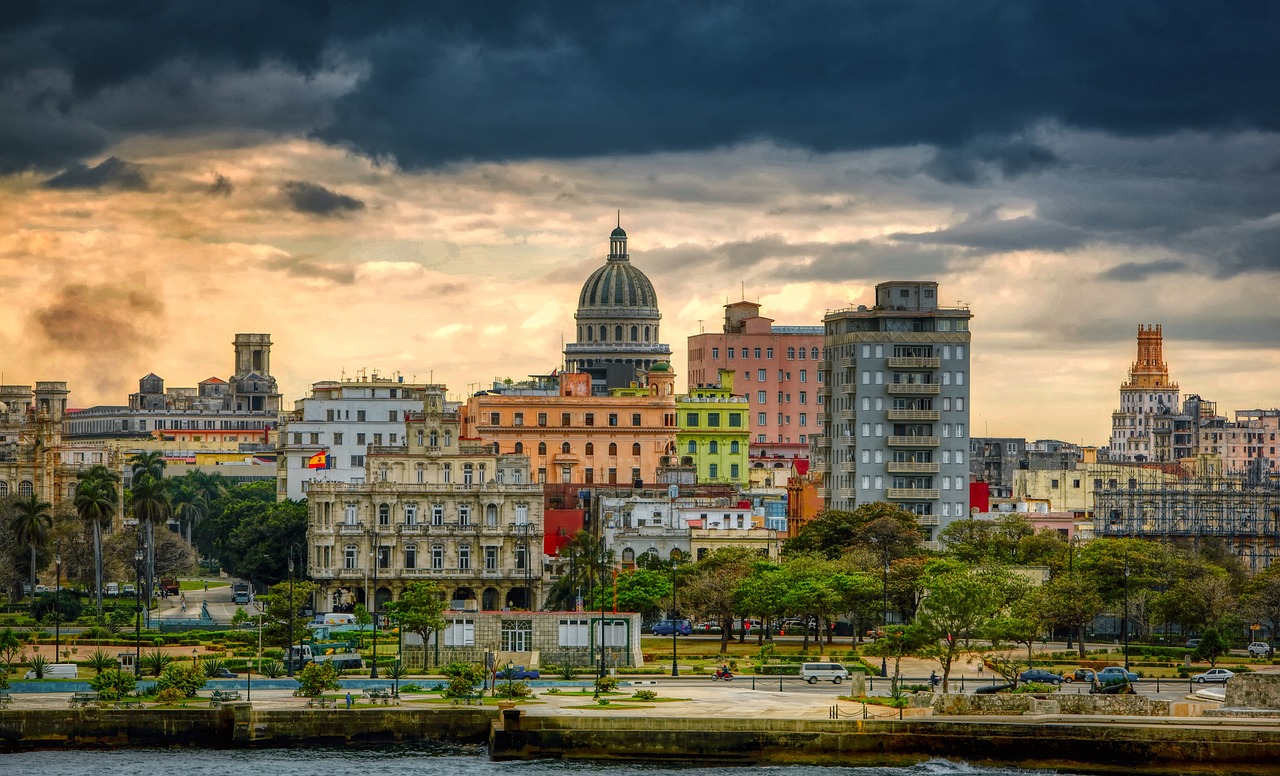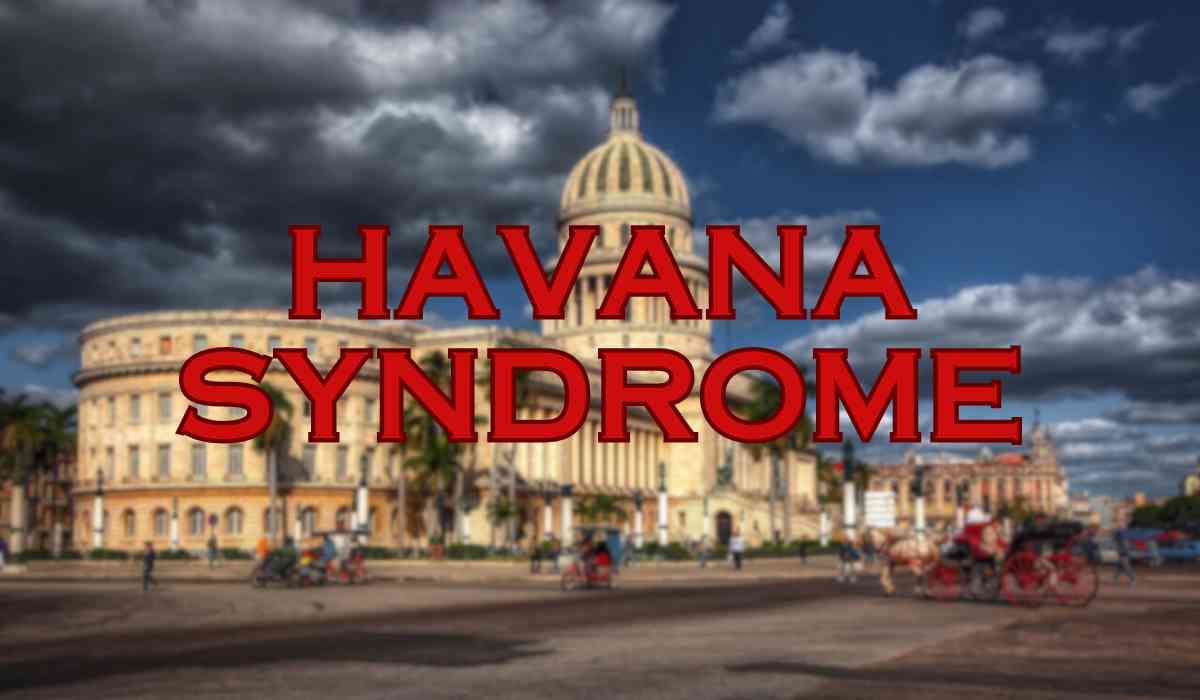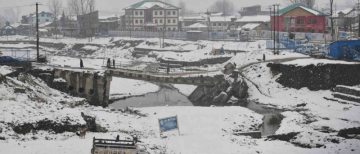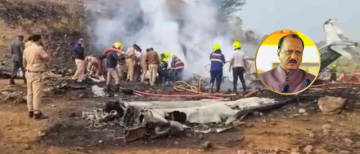Imagine this: you're a diplomat stationed in Havana, Cuba. It's 2016, and you're suddenly struck by a wave of dizziness, nausea, and a strange sensation of grinding noises echoing inside your head. You're not alone. Over three dozen of your colleagues, including CIA officers, report similar symptoms. This wasn't just a bad batch of Cuban rum; it was the beginning of a baffling illness now known as Havana Syndrome.
A Global Ailment
Havana Syndrome isn't confined to the tropics. Since those first cases in Havana, the condition has affected up to 1,500 U.S. officials around the world – diplomats, intelligence officers, military personnel, and even their families. The victims have reported a disturbing range of symptoms, ranging from debilitating headaches and hearing loss to emotional distress and cognitive decline. The geographical spread is just as unsettling, with cases popping up in Moscow, Shanghai, Guangzhou, and other cities across the globe.

Ghosts of the Cold War
Havana Syndrome evokes a sense of déjà vu. It brings to mind documented Soviet operations against the U.S. embassy in Moscow that stretched from the 1950s onward. These historical events involved using technical means to harm American personnel. Eerie echoes of that Cold War tactic can be heard in the boasts of some Russian military officials who, after the Soviet Union's collapse, openly discussed developing weapons that could mimic the effects of Havana Syndrome.

The Chancery of the U.S. Embassy in Moscow (PC: U.S. National Archives)
Searching for Answers
Despite years of investigation, the cause of Havana Syndrome remains a mystery. Theories abound, ranging from attacks with directed energy (like microwaves or sonic waves) to exposure to unknown chemicals or environmental triggers. An interim CIA assessment in 2022 downplayed the possibility of a coordinated global campaign by a hostile power. However, a panel of experts pointed towards radio waves as a potential culprit, while distancing themselves from the idea of directed energy attacks. Adding to the confusion, intelligence agencies seem divided on the issue, with some harbouring doubts about the absence of foreign adversary involvement.

A Shadow Over Diplomacy
The recent case of a senior U.S. defence official experiencing Havana Syndrome-like symptoms during the 2023 NATO summit is a stark reminder that this threat is ongoing. The Pentagon confirmed the incident, but the cause is still under investigation.
''I can confirm that a senior DOD official experienced symptoms similar to those reported in anomalous health incidents. This person was there at the — at the NATO Summit in Vilnius; not part of the secretary's delegation that was also there during that time''- spokesperson for the Pentagon ,Sabrina Singh said.
The varying levels of confidence within intelligence agencies regarding foreign involvement highlight the lack of a clear answer.
Living with Uncertainty
Havana Syndrome is more than just a medical puzzle; it's a human drama. Those affected grapple with the debilitating effects of the illness on their health and careers. The shroud of secrecy surrounding the cause only adds to their anxiety. For these individuals, Havana syndrome isn't just a medical condition; it's a constant source of worry and uncertainty.
ⒸCopyright 2024. All Rights Reserved Powered by Vygr Media.
























